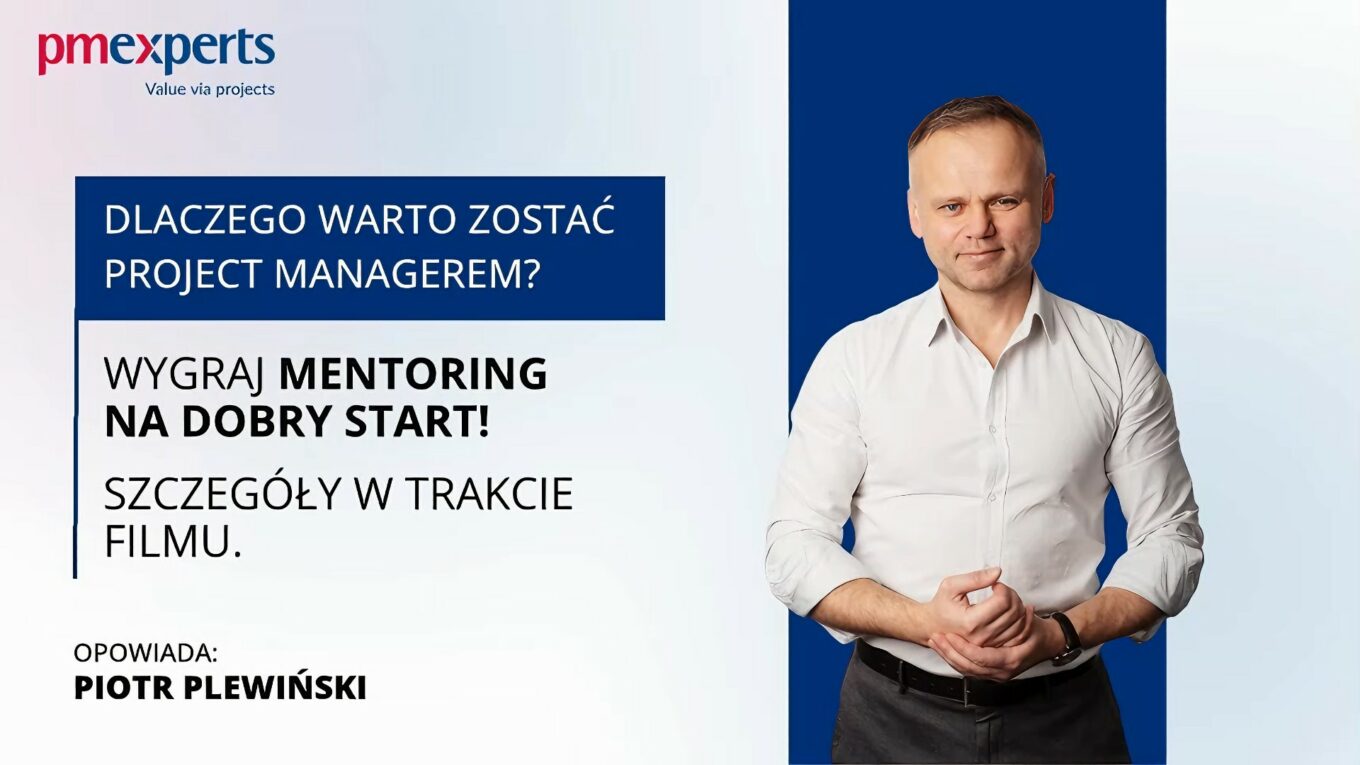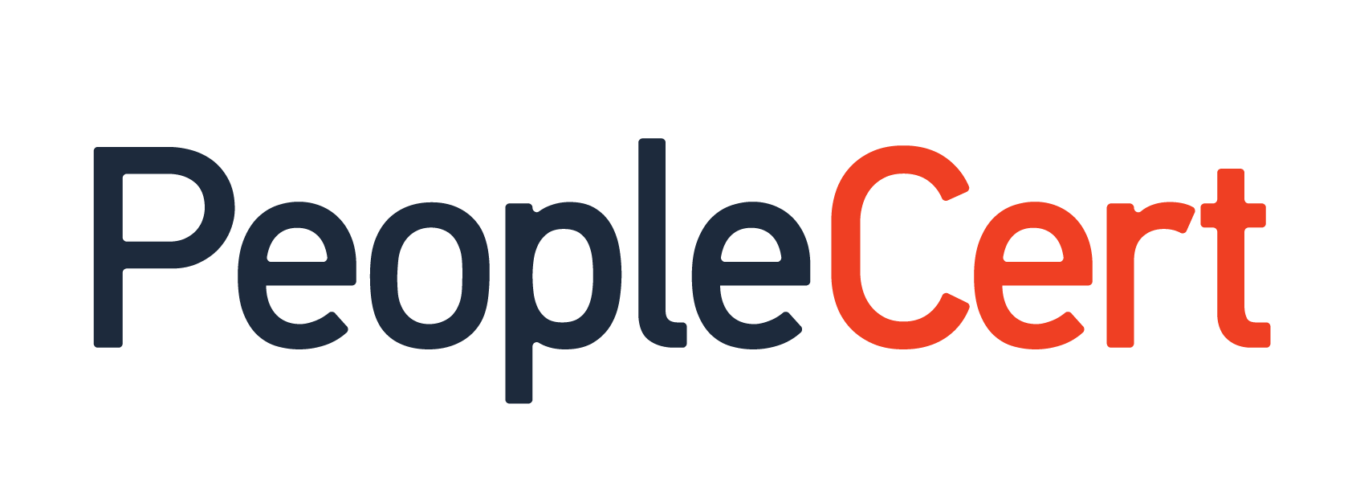In the previous entry, I drew your attention to the publication "Team: How to work with them? How to build it? How to train him?”, authored by Manfred Gellert and Klaus Nowak. Apart from the theoretical lecture, it is a collection of practical tools supporting teamwork. One of the tools is a table that allows us to match our team members to 6 typical roles proposed by the authors. They developed a set of roles based on M. Belbin's original proposal and includes the following roles:
- Manager/Moderator
- Implementer/Coordinator
- Creative Originator
- Connector
- Soul of the Team
- Detailed Contractor
Each project manager can independently use the proposed table to support his/her considerations regarding the team composition. However, if we run a well-coordinated team whose members trust each other, we can try to conduct a team role assessment session together. The table should then be made available to all people participating in the session so that everyone can assign themselves and others to the proposed roles. Then we discuss the analysis results together performed by individual people to build a common assessment of our team in terms of their existing and missing roles.
Of course, it may happen that interesting differences emerge during a team discussion, which should always be supported by specific examples from team work. We will probably also agree in the assessment of some of our colleagues. However, we must not forget that the main purpose of this analysis and discussion is to assess our potential as a team, not the potential of individual people. Therefore, we are particularly interested in whether all roles are played in the team and whether they are distributed evenly among team members.
The perceived deficit in filling certain roles should be perceived by us in terms of the threats it brings. In addition to the threats resulting from the lack or insufficient representation of a given single role in our team, Gellert and Nowak draw attention to the dangers related to the external and internal orientation of individual roles.
The authors include the roles oriented externally, i.e. on relations with the environment:
- Manager/Moderator
- Creative Originator
- Connector
While focused on inner work are the roles:
- Implementer/Coordinator
- Soul of the Team
- Detailed Contractor
"The lack of external orientation manifests itself in the fact that the team sells poorly and is no longer noticed by the company. Such a team is self-absorbed and lacks orientation in general assumptions.” This may result in the delivery of results that are not tailored to the needs of our organization, which means wasting resources dedicated to the team's work. On the other hand, also in the case of very effective work, "forgotten" teams may first lose access to the necessary resources, because decision-makers at key moments may not notice the value they bring.
"The lack of internal orientation manifests itself in the fact that nothing is ready or, what's more, nothing has even been started. Those interested constantly sit in various forums or practice PR for their good ideas.” These teams lack internal pressure to deliver results. The actual tasks remain undone while "(...) team members are able to raise expectations in their environment, thereby contributing to increasing the pressure on the team." As a result, this may lead to a very spectacular failure, which is often postponed in time thanks to effective "self-advertising" while acquiring additional resources.
A proper balance between internally and externally oriented roles should result in the above-mentioned risks being reduced to a minimum. Niejednokrotnie zespołom brakuje jednak wystarczającej zdolności do dokonania właściwej samooceny. Ze wsparciem powinno tu przychodzić biuro project management proces (ang. Project Management Office, PMO). Nie należy ograniczać jego roli jedynie do formalnego przyporządkowania i monitorowania wykorzystania zasobów. Support for project managers in their current work is also crucial. Including consulting and moderating activities related to the optimization of team composition.
Author of the article: Maciej Krupa










